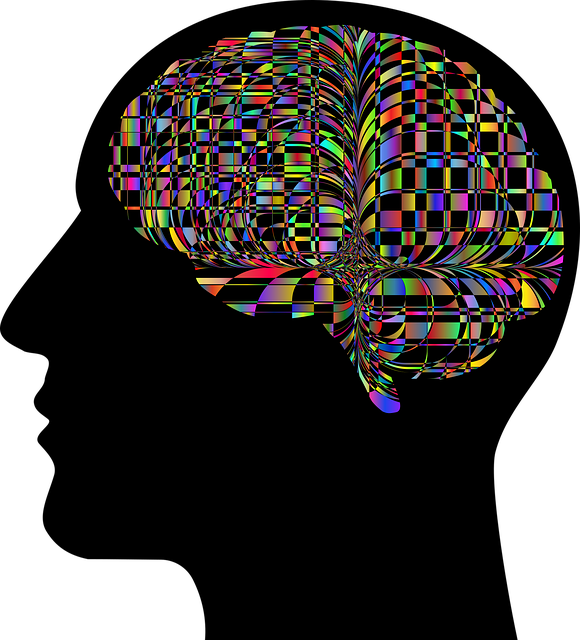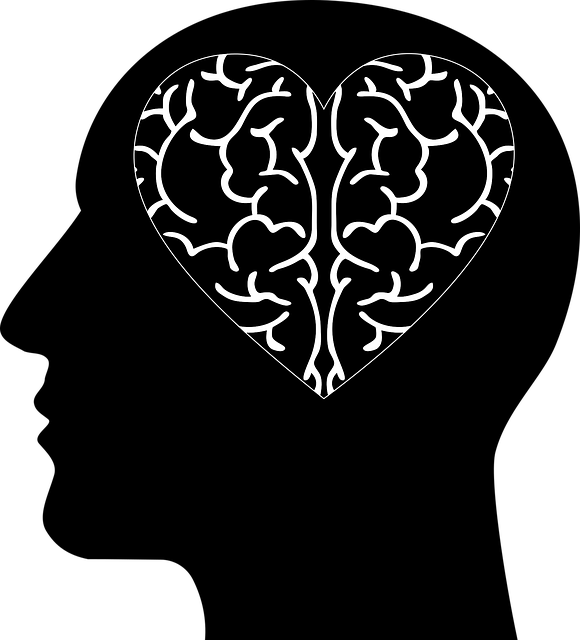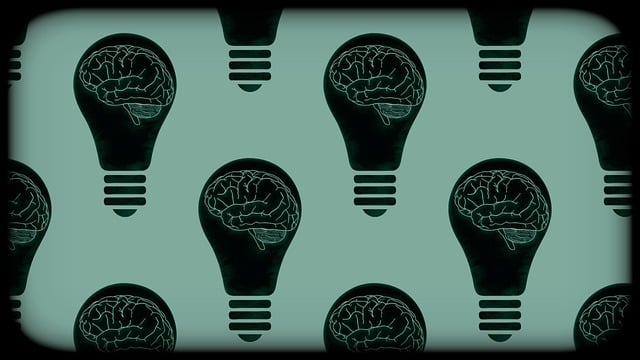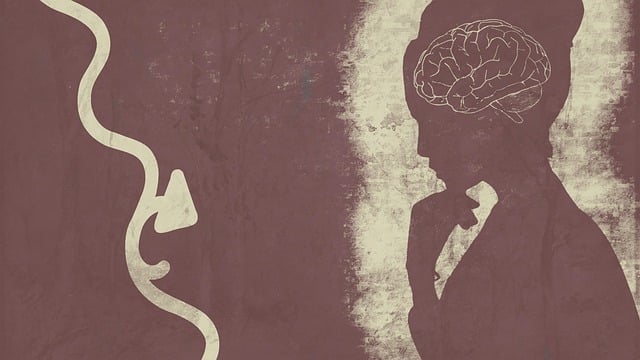Mental health misdiagnosis is a major barrier to effective treatment, driven by overlapping symptoms of diverse illnesses. Specialized approaches like Boulder Stress Management Therapy (BSMT) target stress-related issues and depression prevention. Community outreach through education and trauma support services enhances early detection. Evidence-based assessment tools and updated healthcare provider training improve diagnosis accuracy, leading to better patient outcomes. BSMT's holistic approach, focusing on emotional regulation and conflict resolution, aids in precise diagnoses by considering individual responses to stress. Continuous professional training, including crisis intervention skills and comprehensive learning methods, is essential for accurate assessments. Active patient engagement through effective communication improves diagnosis and outcomes, especially for complex conditions like those addressed by BSMT, fostering long-term recovery and mental health advocacy.
Mental illness diagnosis accuracy is a critical aspect of patient care, yet challenges remain. Misdiagnosis rates are alarmingly high, leading to ineffective treatments and potential harm. This article explores efforts to enhance diagnosis accuracy through innovative approaches like Boulder Stress Management Therapy, evidence-based strategies, professional training, improved communication with patients, and more. By focusing on these key areas, we aim to highlight the importance of precise mental health assessments for better patient outcomes.
- Uncovering the Challenges: Understanding Misdiagnoses in Mental Health
- Boulder Stress Management Therapy: A Novel Approach to Enhance Diagnosis Accuracy
- Evidence-Based Strategies for Improving Diagnostic Tools and Techniques
- The Role of Professional Training and Education in Ensuring Accurate Diagnoses
- Patient Engagement and Communication: Building Trust for Better Outcomes
Uncovering the Challenges: Understanding Misdiagnoses in Mental Health

Mental health misdiagnosis is a complex challenge that hinders effective treatment and recovery. Often, symptoms of various mental illnesses overlap, making it difficult for even seasoned professionals to distinguish between them. This ambiguity can lead to incorrect diagnoses, such as treating anxiety as depression or vice versa. Such errors have profound implications, as different disorders require distinct therapeutic approaches. For instance, Boulder Stress Management Therapy focuses on coping mechanisms and mindfulness for stress-related issues, while tailored Depression Prevention programs employ cognitive-behavioral techniques to address depressive symptoms.
Community outreach plays a pivotal role in addressing these challenges by providing comprehensive mental health education and Trauma Support Services. By increasing public awareness about the nuances of mental illness, we can encourage individuals to seek help earlier. Additionally, implementing evidence-based assessment tools and regularly updating healthcare provider training can significantly improve diagnosis accuracy. Early and accurate identification of mental health issues paves the way for timely, effective interventions, ultimately enhancing patient outcomes.
Boulder Stress Management Therapy: A Novel Approach to Enhance Diagnosis Accuracy

Mental illness diagnosis accuracy is a critical aspect of patient care and overall mental health awareness. In response to this need, innovative therapeutic approaches like Boulder Stress Management Therapy (BSMT) are gaining traction. BSMT offers a novel perspective by focusing not just on symptoms but also on the underlying emotional regulation and conflict resolution techniques. This holistic approach aims to improve diagnosis accuracy by addressing the complex interplay between stress, mental health conditions, and individual responses.
By incorporating practices tailored to cultivate resilience, BSMT enhances a person’s ability to manage and navigate stressors effectively. These techniques are designed to help individuals develop healthier coping strategies, thereby enabling more precise evaluations of their mental state. This, in turn, contributes to better-informed diagnoses and more effective treatment plans, ultimately fostering improved emotional well-being and quality of life.
Evidence-Based Strategies for Improving Diagnostic Tools and Techniques

In the pursuit of enhancing mental illness diagnosis accuracy, evidence-based strategies play a pivotal role in refining diagnostic tools and techniques. One such approach is integrating Crisis Intervention Guidance into traditional assessment methods. By equipping healthcare professionals with effective crisis intervention skills, they can navigate sensitive situations more adeptly, ensuring a thorough evaluation process. This becomes especially crucial when dealing with individuals experiencing acute distress or complex mental health symptoms.
Moreover, incorporating Stress Reduction Methods and Emotional Well-being Promotion Techniques has proven beneficial. Evidence suggests that implementing evidence-based practices like Boulder Stress Management Therapy can significantly improve diagnostic accuracy. These therapeutic interventions not only alleviate immediate stress but also foster a deeper understanding of an individual’s emotional landscape, providing valuable insights for accurate diagnosis. Such comprehensive approaches ensure that the assessment goes beyond surface-level symptoms, capturing the intricate interplay between stress, emotion, and overall mental well-being.
The Role of Professional Training and Education in Ensuring Accurate Diagnoses

In the pursuit of enhancing mental illness diagnosis accuracy, professional training and education stand as a cornerstone. The field of mental health is ever-evolving, with new research shedding light on various conditions and their complexities. For practitioners, staying abreast of these advancements is vital to delivering precise diagnoses. Comprehensive training programs that focus on both theoretical knowledge and practical skills are instrumental in achieving this goal. Such programs often include case studies, role-playing exercises, and peer discussions, enabling professionals to gain hands-on experience in evaluating a wide range of symptoms and behaviors.
By prioritizing continuous education, mental health professionals can better understand the nuances of different disorders, including their overlapping symptoms, which is especially relevant in conditions like anxiety and depression where comorbidity rates are high. This specialized training empowers practitioners to employ evidence-based practices, such as Boulder Stress Management Therapy, tailored to individual needs. Furthermore, it fosters an environment where professionals actively seek to dispel misconceptions and biases that may hinder accurate assessments, ultimately contributing to improved mental wellness outcomes and Anxiety Relief for patients.
Patient Engagement and Communication: Building Trust for Better Outcomes

Engaging patients actively in their mental health journey is a powerful tool for improving diagnosis accuracy and fostering better outcomes. Effective communication builds trust between patients and healthcare providers, encouraging openness about symptoms and concerns. When individuals feel heard and understood, they are more likely to share detailed information, which can significantly enhance diagnostic processes. This patient-centered approach is particularly beneficial in identifying complex conditions that may present with varied symptoms, such as those related to Boulder Stress Management Therapy.
By involving patients in decision-making and treatment planning, healthcare professionals can tailor interventions to individual needs. Encouraging positive thinking and resilience through therapy sessions, coupled with open dialogue, can empower individuals to manage their mental health more effectively. Moreover, this engagement fosters a sense of advocacy for one’s well-being, which is crucial for long-term recovery and the prevention of conditions like depression. Mental Health Policy Analysis and Advocacy play a significant role in supporting these patient-centric initiatives, ensuring that healthcare systems prioritize and facilitate such engaging practices.
Mental illness diagnosis accuracy is a multifaceted challenge that requires innovative solutions. As highlighted, the combination of novel approaches like Boulder Stress Management Therapy, evidence-based strategies, robust professional training, and patient-centered communication can significantly enhance diagnostic reliability. By addressing these areas, we can ensure more accurate and timely mental health diagnoses, leading to improved patient outcomes and a better quality of life for those struggling with mental illness.












